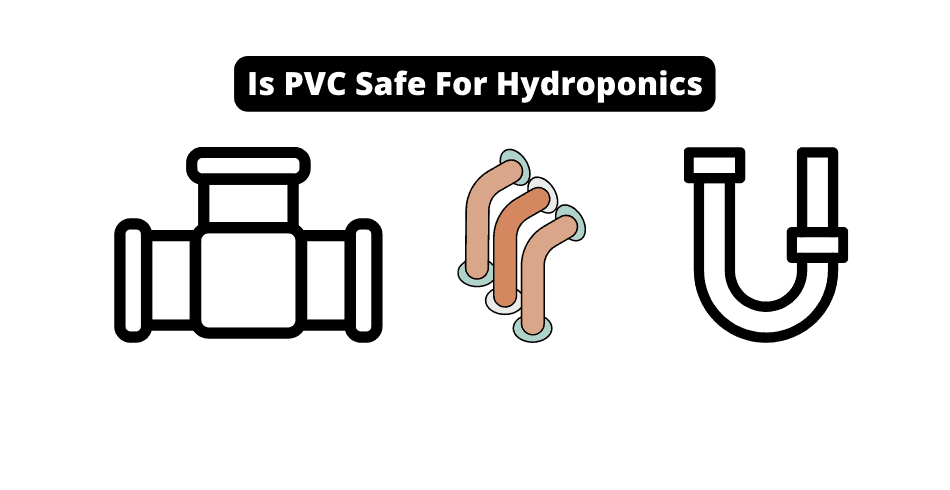There are many important things to consider when building your hydroponic garden, but one of the most important decisions is what materials to use.
You’ll need to install pipes to get clean water to your plants. PVC is a popular choice for most hydroponic setups since it is durable, inexpensive, and widely available.
Food-grade plastics, such as uPVC (unplasticized) or rigid PVC, are safe for hydroponic systems.
However, be careful when choosing your type of PVC.
Plasticized materials are not ideal for use in a hydroponics system because they are not food-grade compliant.
But can long-term exposure to them harm your well-being or your garden?
Well, let’s find out.

What are PVC Pipes?
PVC (polyvinyl chloride) is made from a mix of plastic and vinyl.
These pipes have excellent strength, durability, corrosion resistance, and long service life.
In addition to being cheap and sturdy, they come in various sizes and can be used with different pipe connections.
They are durable and immune to decay or rust.
Because of the reasons above, PVC piping is highly prevalent in water transportation, electricity distribution, and waste management.
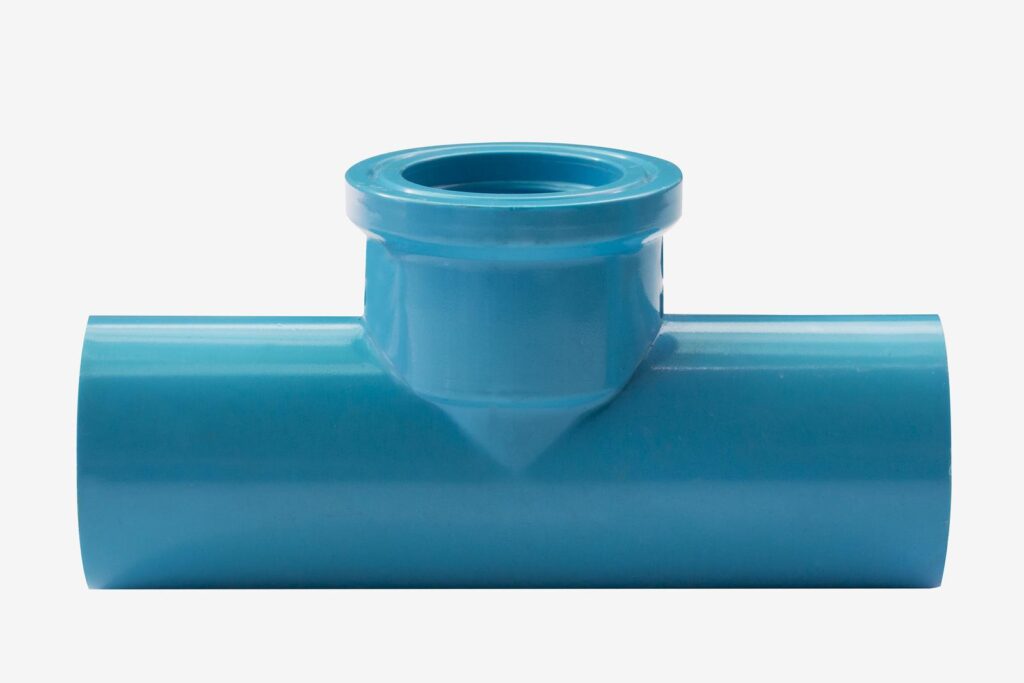
What are the main concerns with PVC Pipes and plants?
The internet is full of contradictory information concerning PVC pipes.
The reason is the failure to distinguish between the various different types of PVC pipes.
Flexible PVC has plasticizers (phthalates and BPA). If you use these polyvinyl chloride pipes in your hydroponic system, your plants could absorb these chemicals, which studies have shown are bad for both plants and people.
However, rigid PVC is perfectly safe for use with plants because it doesn’t contain any plasticizers, and this means that it doesn’t contain harmful chemicals like BPA and phthalates.
Relevant Viewing:
Are PVC Safe For use in a hydroponic system?
PVC piping comes in various forms, so you can pick the one that best suits your needs.
Certain types of polyvinyl chloride are not considered safe and can be used in food-production settings; therefore, selecting the proper PVC for your hydroponic system is essential.
Since a hydroponic setup’s primary purpose is to cultivate food and other plants, ensuring the system is safe for human consumption is crucial.
Food-grade plastics, such as uPVC (unplasticized) or rigid PVC, are entirely safe and can be used in hydroponics and aquaponics system.
On the other hand, anything plasticized is unsuitable for a hydroponics system because it is not food-grade compliant.
Plasticized PVC risks leaking harmful chemicals like phthalates and bisphenol A (BPA) into whatever is stored.

What Are There Different Types of PVC Pipes?
PVC is one of the most widely used synthetic polymers.
It is a stable mixture of natural gas and rock salt that can be heated, melted, and shaped into pipes.
The polymer has a lot of great qualities that can make a big difference in how well your hydroponic setup performs. It’s important to note that not all PVC pipes are the same.
These are the five most common types of PVC sold at hardware stores:
PVC-P
- Also known as plasticized PVC, this type of PVC contains phthalates and Bisphenol-A. (Bad)
PVC-U
- This type of PVC is unplasticized. While this quality makes them the safest choice, it prevents them from being as flexible as PVC-P but safer.
PVC-HI
- This PVC is suitable for commercial use since it can be easily combined with other polymers.
C-PVC
- This PVC, more stable, flexible, and heat resistant, contains more chlorine and is, therefore, more commonly used for household water supply.
PVC-O
- This is an improved version of PVC-U.
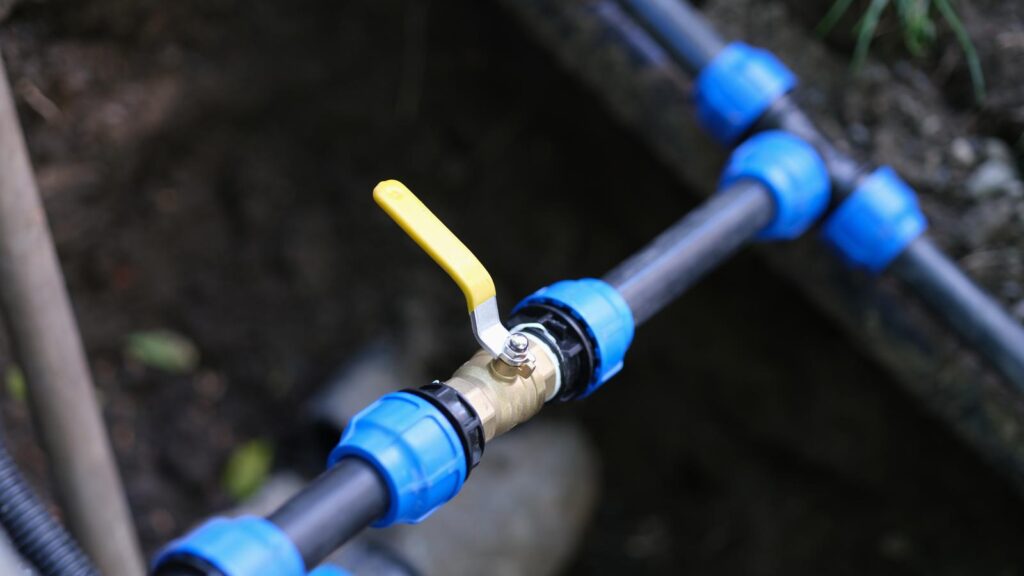
What are the advantages of using PVC in Hydroponics?
There are a ton of different advantages to using Hydroponics!
Affordability
PVC is often cheaper than other piping options like plastic and metal.
Due to its low price, many farmers can set up their hydroponic watering systems at little cost.
Effectiveness
PVC is less toxic and less soluble than other materials.
Not only that, but it is also more flexible, lightweight, and long-lasting than other piping options.
They are durable and can be used indoors or outdoors.
PVC pipes offer excellent weather resistance, making them a superior choice to other pipe materials.
They are durable and reliable and will serve you and your plants well if you take care of them properly.
The pipes are durable enough to withstand tension and rapid pressure changes without bursting or decaying.
Versatility
PVC fittings come in various sizes, lengths, thicknesses, and so on.
Access to such choices allows you to create a hydroponic piping system tailored to your specifications.
Who doesn’t like custom-made solutions?
What are the disadvantages of using PVC Pipes for Hydroponics?
While there is a ton of good with PVC pipes, there are a few things that you need to watch out for.
Not all PVC pipes are safe for use.
Some varieties of PVC aren’t suitable for hydroponic systems since they can’t be cleaned or used to convey water or food.
Only products with an NSF-51 or NSF-61 rating will prevent harmful chemicals and pathogens from getting into your plant’s food supply.

Roots could get trapped inside the PVC pipes.
When PVC is used, one of the most common problems is that the roots get stuck in the system.
Plant roots may grow into the PVC pipes and cause a blockage, which stops water from flowing through the pipe.
While annoying, it can easily be handled and fixed.
Cannot withstand excessive heat
Although PVC can withstand significant heat, it does have its limits, especially when installed in a hot environment.
The system may struggle to keep up when you factor in the additional heat from appliances like lights.
However, this rarely happens, but don’t install your system near the furnace.
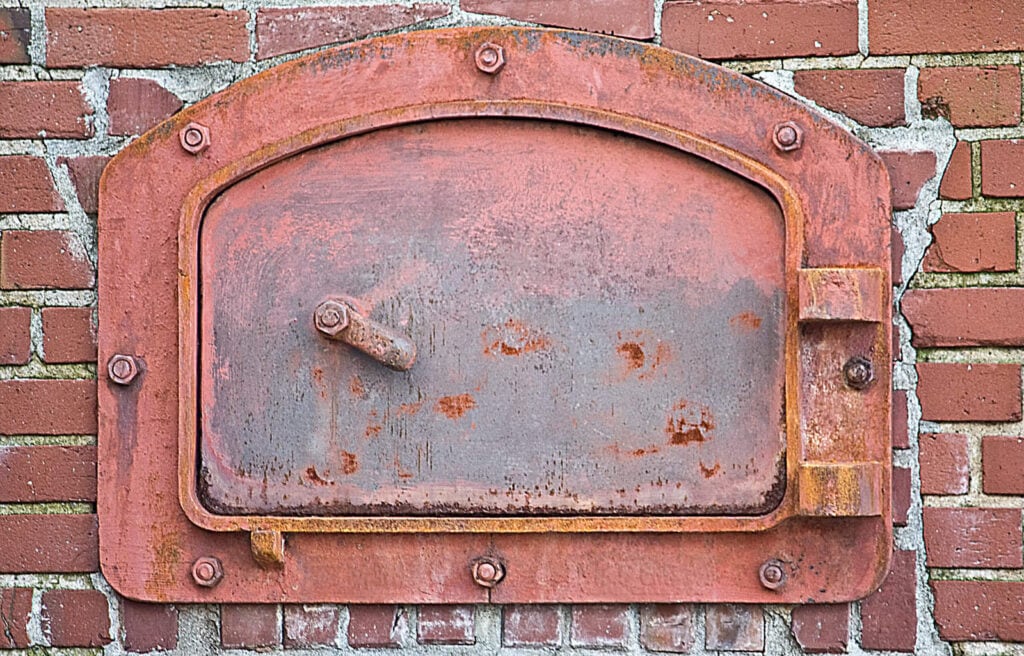
What type of plastic is considered food-grade?
Not all plastics are safe to use around food or beverages.
The term “food-grade plastic” refers to plastics approved by the FDA for use in contact with foods intended for human consumption, and the FDA has strict requirements for this type of plastic.
That being said, the following plastics are considered food safe:
PET (PETE)
- Polyethylene Terephthalate is ranked first on the recycling triangle diagram.
HDPE
- High-density polyethylene has a triangle code of 2 and is often used for milk, juice bottles, and laundry items.
PVC
- It can be used for more than just plumbing. With a value of 3 on the triangle code, and can serve different purposes.
LDPE
- It is a number 4 on the triangle code. It stands for low-density polyethylene plastic.
PP
- Polypropylene is denoted by the number 5 on the triangle code.
PS
- Polystyrene is a stricter plastic or foam that is firm, transparent, and brittle; it is located at the sixth position on the recycling triangle.
Other
- The final triangle code is 7. This code indicates that the package was created with a resin other than the six mentioned above or a combination of two or more.
Relevant Viewing:
Is PVC Glue Safe for plants?
PVC glue is entirely safe for plants once it is dry. However, avoid using too much glue when joining the PVC pipes.
If you use too much glue or misapply it, it could seep into your water supply.
Does PVC leach chemicals into the water?
PVC pipes do leach a few chemicals into the water supply, especially when they are brand new.
It’s because all plastics include volatile chemicals, which dissipate over time.
That’s why old plastics usually crack and break; as their volatile components evaporate, they become hard and brittle.
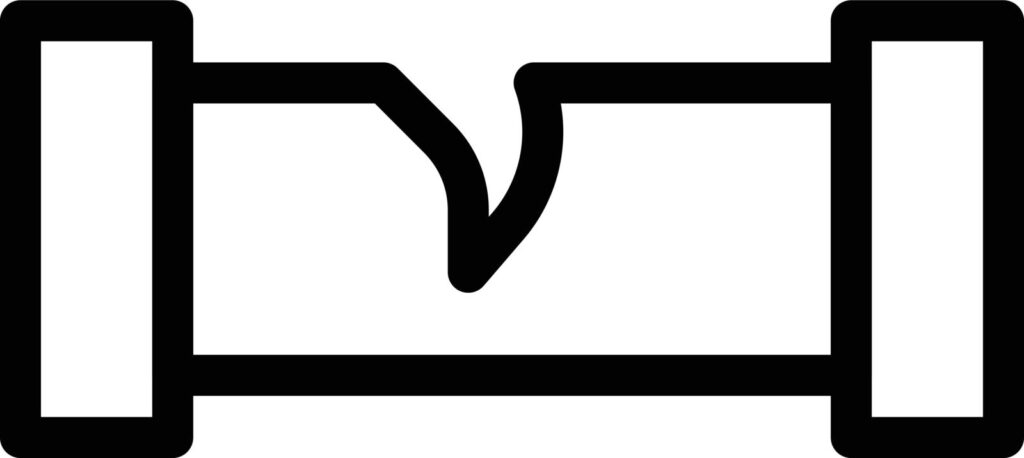
Final Thoughts & Review – PVC For Hydroponics
PVC can be used for hydroponics, and you can use unplasticized or rigid PVC and be assured that your plants are safe.
These pipes offer many advantages, including low cost, easy availability, efficiency, and durability.
Even though PVC can be used without risk in hydroponics, other plastics are safer to use, such as:
- Polyester
- Polypropylene
- Low-density polyethylene
- High-density polyethylene
Compared to PVC pipes, these plastics are more chemically stable and thus better suited for use in hydroponics.
There’s a chance this benefit will help you and your crops in the long run.
However, there are a ton of ready-made solutions that can help you get started right away.
I wouldn’t wait any longer; go ahead and pick one of those up and get started on your journey.
